Will the Patagonia founder's gift help save the world?
The sharpest opinions on the debate from around the web

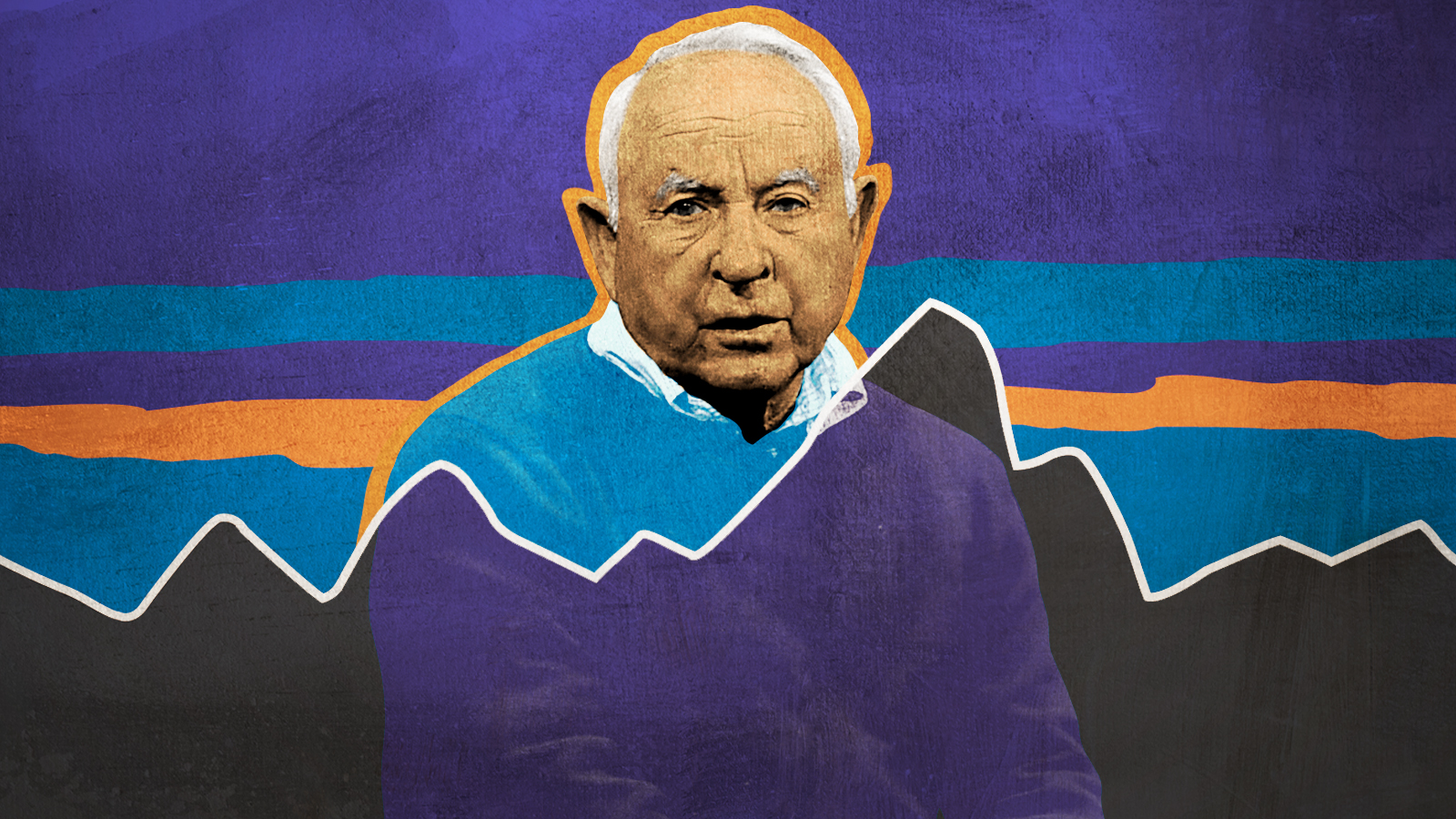
A free daily email with the biggest news stories of the day – and the best features from TheWeek.com
You are now subscribed
Your newsletter sign-up was successful
Patagonia founder Yvon Chouinard, 83, announced last week that he was giving away the $3 billion outdoor-apparel company he founded to help fight climate change. He said he and his family were giving 100 percent of the company's voting stock to the Patagonia Purpose Trust, which the family will oversee to make sure Patagonia remains socially responsible and honors its environmental commitments. Chouinard said 100 percent of Patagonia's nonvoting stock, equivalent to about 98 percent of the company, would go to the Holdfast Collective, a nonprofit dedicated to "fighting the environmental crisis and defending nature." The family will pay $17 million in taxes connected to the transfer. "Earth is now our only shareholder," the unconventional entrepreneur wrote in a letter posted on the company's website.
Chouinard told The New York Times in an exclusive interview that he never wanted to run a business in the first place. Patagonia sells more than $1 billion worth of jackets, hats, ski pants, and other outdoor apparel every year. This arrangement will direct all the company's profits into buying up sensitive land and fighting climate change, ensuring that it keeps pushing Chouinard's mission long after he's gone. "Hopefully this will influence a new form of capitalism that doesn't end up with a few rich people and a bunch of poor people," Chouinard told the Times. "We are going to give away the maximum amount of money to people who are actively working on saving this planet." Is this as good for Earth as Chouinard makes it sound?
This could be a game-changer
Chouinard's gift is a "groundbreaking act of philanthropy," says David Gelles in the Times. With a stroke of the pen, "the Chouinards are renouncing their status as one of the wealthiest families in America." Channeling Patagonia's $100 million in annual profits into the new nonprofit, the Holdfast Collective, "immediately established an entity that will become one of the nation's biggest funders of climate causes." They're not the first billionaires to do something like this. Amazon founder Jeff Bezos has pledged $10 billion to his Bezos Earth Fund, and Laurene Powell Jobs, Apple co-founder Steve Jobs' widow, is pitching in $3.5 billion to another group to support climate action.
The Week
Escape your echo chamber. Get the facts behind the news, plus analysis from multiple perspectives.

Sign up for The Week's Free Newsletters
From our morning news briefing to a weekly Good News Newsletter, get the best of The Week delivered directly to your inbox.
From our morning news briefing to a weekly Good News Newsletter, get the best of The Week delivered directly to your inbox.
But "the Chouinard gift stands apart" from these and other big gifts, because instead of endowing a school or handing over a pile of cash, "the Patagonia founder has relinquished the company and pledged its future profits toward things like protecting undeveloped land and supporting regenerative agriculture." Plus, the Holdfast Collective is a 501(c)(4) group under tax rules, which means it "can spend money on political efforts" and help drive the climate debate for generations.
Patagonia won't save the world unless it changes
In "a world ravaged by the climate crisis," it's nice to think a billionaire could swoop in and save the day, says Rachel Donald at The New Republic. A third of Pakistanis have been displaced by deadly floods, while other parts of the planet are, quite literally, on fire. But the media now calling Chouinard a hero should take a look at Patagonia's history of "misleading consumers over sustainability claims." Patagonia partnered with Walmart in 2009 to create the Sustainable Apparel Coalition. The group developed the "dodgy" Higg Materials Sustainability Index, which critics say tried to "greenwash" the use of fossil fuels in manufacturing by rating "polyester, a fiber derived from petroleum, as the most sustainable of all fibers." This masks the "true environmental costs" while helping the companies maximize profits, "since polyester is also the cheapest fiber available."
It's crucial to "encourage billionaires to redistribute their wealth" for the good of all. But it's also important to hold them accountable, no matter how generous we think they are. The fawning media coverage about how Chouinard is using capitalism to solve the climate crisis praises the same "economic system and neo-imperial globalization that has allowed Americans like Chouinard to amass billions in the first place." It sends the message "that billionaires could save us from ourselves if only more of them had the Patagonia spirit. Yet given the raw data on billionaires' emissions, it's clear that far more people need to be saved from billionaires than are saved by them."
Chouinard gets more than you think out of this
Chouinard, who's reportedly worth about $1.2 billion, got the world to see him as a selfless billionaire, says Jim Geraghty in the National Review. But what he failed to make clear is that this route, instead of a sale of the company or a stock offering, allowed the "self-described socialist" to avoid paying the U.S. Treasury what he otherwise would have owed for inconvenient things like capital gains, gift, and inheritance taxes. And what changes for Patagonia? It "keeps making and selling all of its goods, and after everyone gets paid — including CEO Ryan Gellert, who was making $7.7 million per year back in 2013 — the rest of the profits" go to Chouinard's environmental efforts. A smart move worthy of a guy who wants you to think he got rich accidentally, by "selling $299 backpacks, $519 sleeping bags, $549 wading boots, and $699 parkas."
A free daily email with the biggest news stories of the day – and the best features from TheWeek.com
It's good, but scary, that billionaires are doing what governments won't
The "widespread admiration" is easy to understand, says Carl Rhodes in The Guardian. "It is great that Chouinard is putting his company to work for the future of the planet," especially since "governments worldwide have failed for decades" to take effective action against the climate disaster that is now upon us. "The rub, however, is that this is all part of a well-developed global system where responsibility for dealing with public and social problems is increasingly taken on by private interests. And, as we see with Chouinard, it is an empowered elite who are able to call the shots."
Harold Maass is a contributing editor at The Week. He has been writing for The Week since the 2001 debut of the U.S. print edition and served as editor of TheWeek.com when it launched in 2008. Harold started his career as a newspaper reporter in South Florida and Haiti. He has previously worked for a variety of news outlets, including The Miami Herald, ABC News and Fox News, and for several years wrote a daily roundup of financial news for The Week and Yahoo Finance.
-
 Tourangelle-style pork with prunes recipe
Tourangelle-style pork with prunes recipeThe Week Recommends This traditional, rustic dish is a French classic
-
 The Epstein files: glimpses of a deeply disturbing world
The Epstein files: glimpses of a deeply disturbing worldIn the Spotlight Trove of released documents paint a picture of depravity and privilege in which men hold the cards, and women are powerless or peripheral
-
 Jeff Bezos: cutting the legs off The Washington Post
Jeff Bezos: cutting the legs off The Washington PostIn the Spotlight A stalwart of American journalism is a shadow of itself after swingeing cuts by its billionaire owner
-
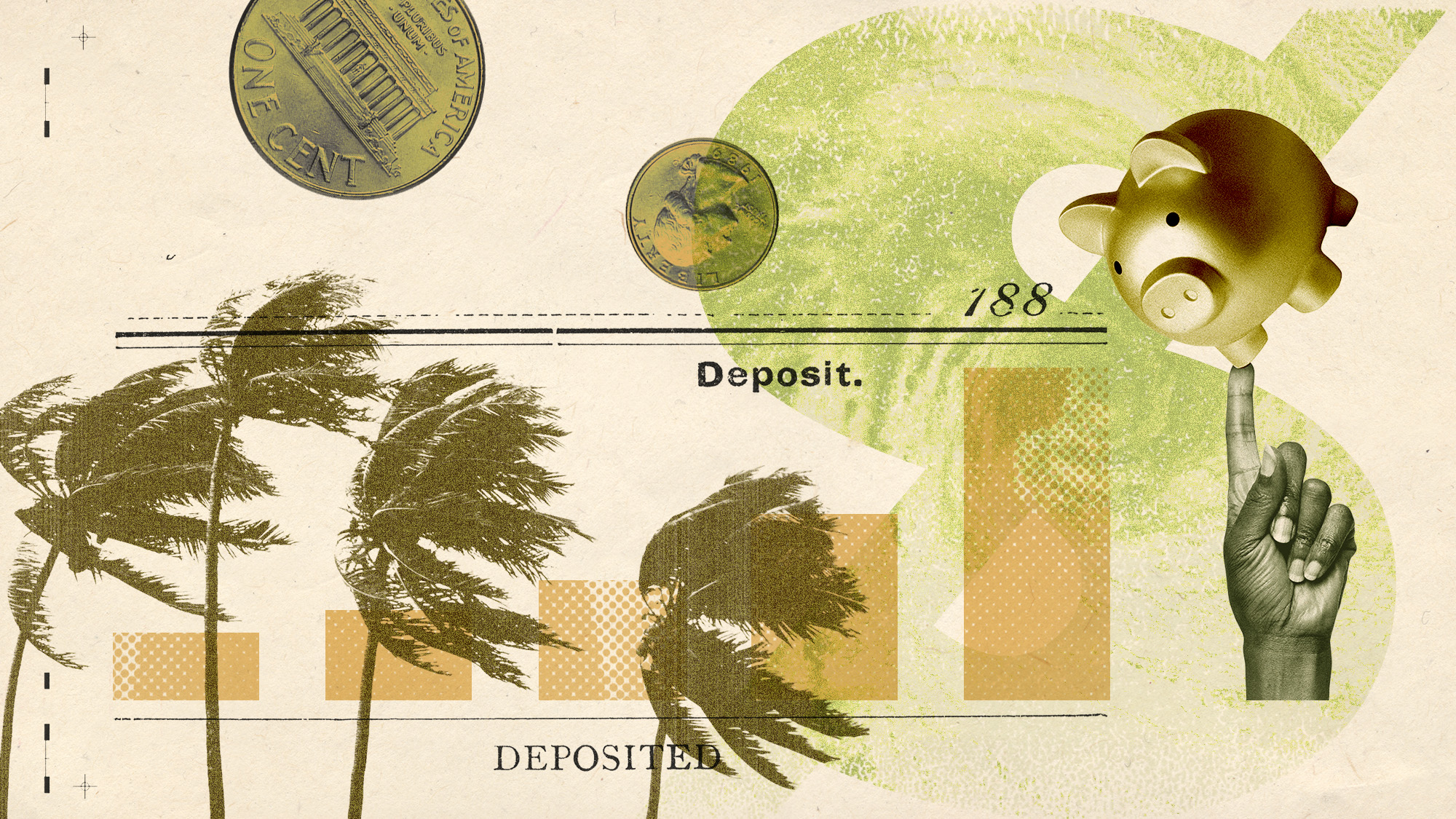 Why the catastrophe bond market is growing
Why the catastrophe bond market is growingThe Explainer The bonds pay for climate change disaster damages
-
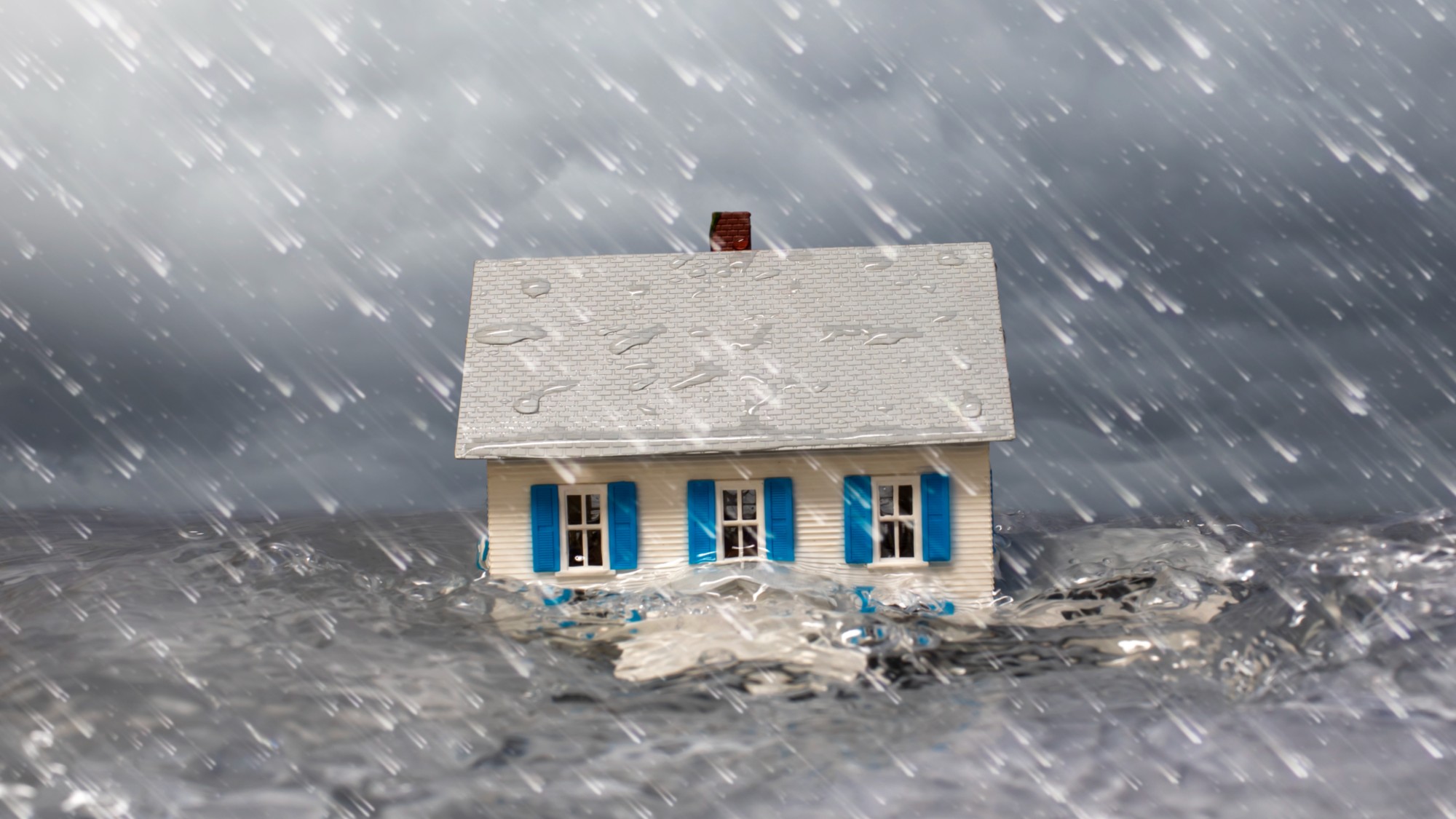 Why are home insurance prices going up?
Why are home insurance prices going up?Today's Big Question Climate-driven weather events are raising insurers' costs
-
 Christmas trees: losing their magic?
Christmas trees: losing their magic?In the Spotlight Festive firs are a yuletide staple but are their days numbered?
-
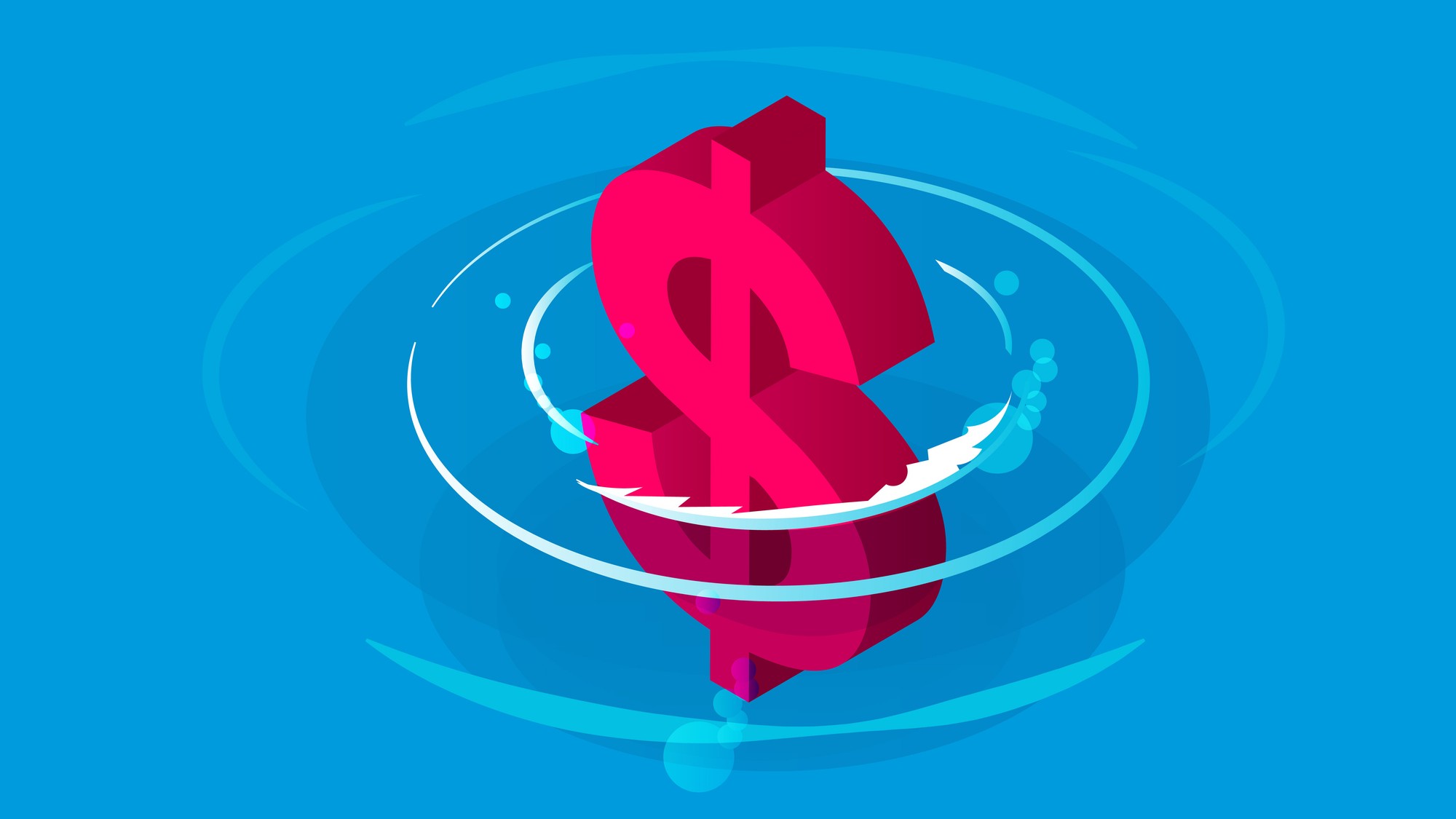 The ocean's blue economy is growing. Can the tide continue to rise?
The ocean's blue economy is growing. Can the tide continue to rise?The Explainer The big blue is bringing in the green
-
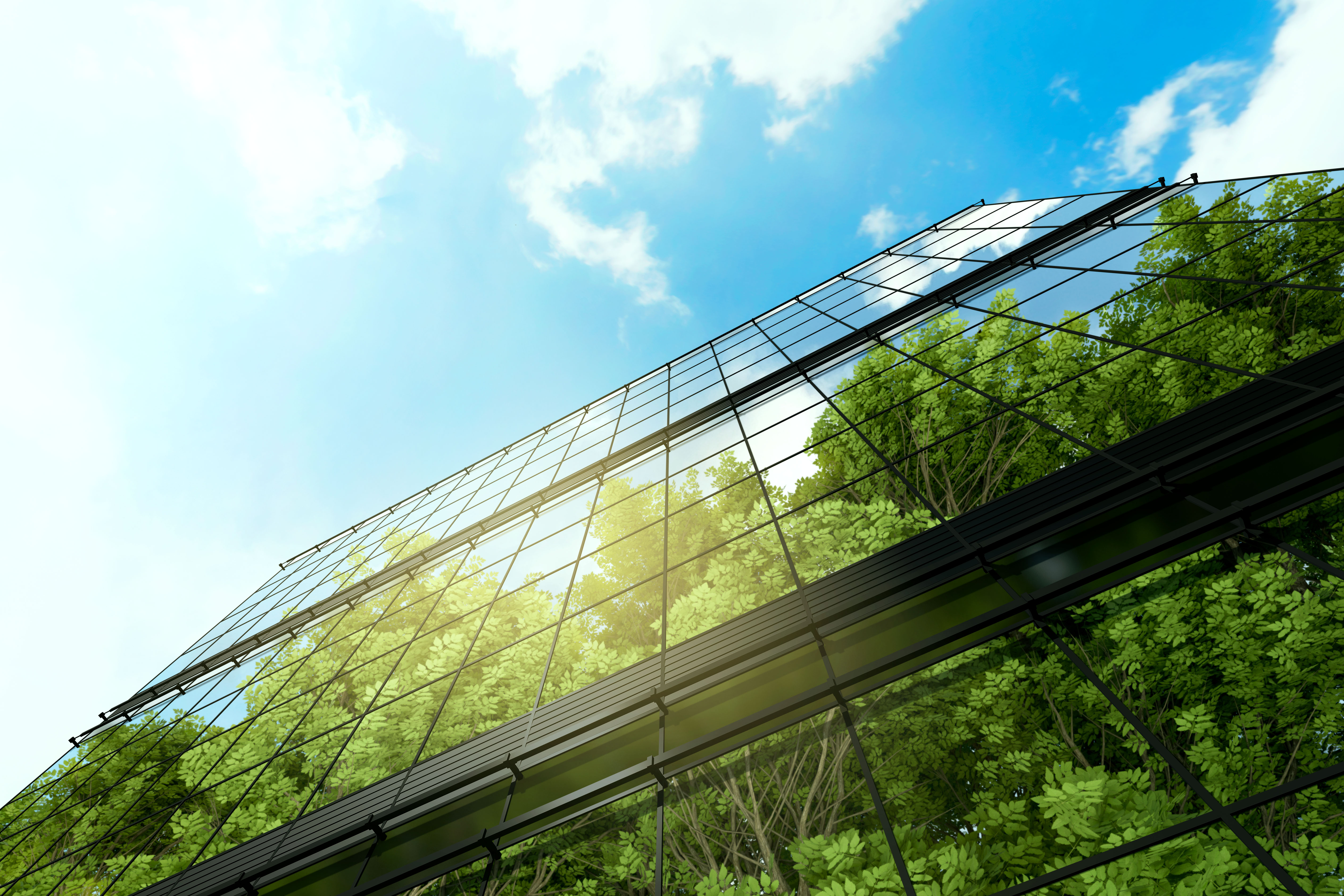 What is greenhushing?
What is greenhushing?Speed Read A new trend has companies keeping quiet about what they're doing to combat climate change
-
 Why fashion may never be sustainable
Why fashion may never be sustainableSpeed Read And should we even believe it if we see it?
-
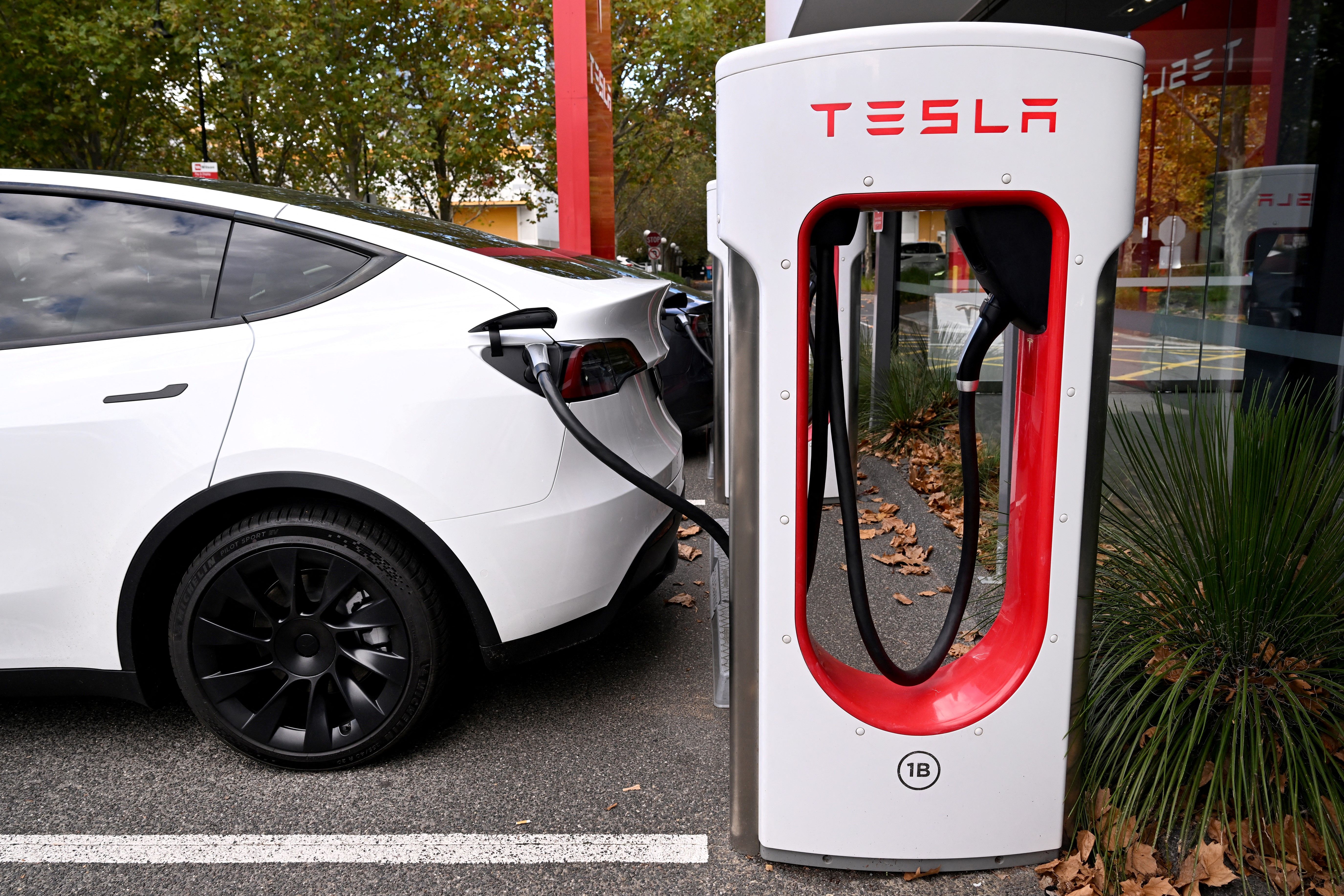 Autos: Fast-tracking the electric future
Autos: Fast-tracking the electric futurefeature Will the transition to electric vehicles go smoothly?
-
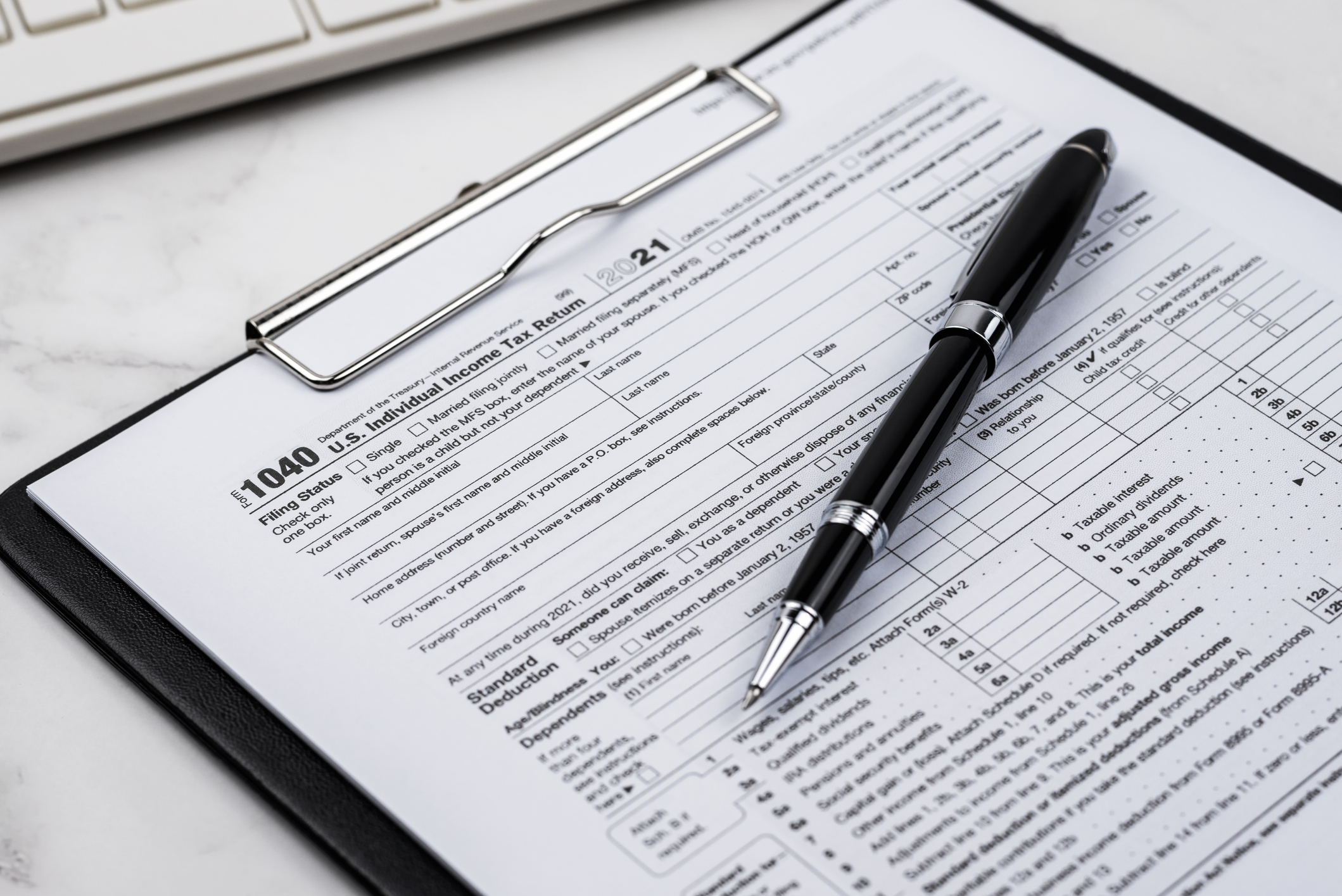 Climate change is extending the tax season
Climate change is extending the tax seasonSpeed Read
